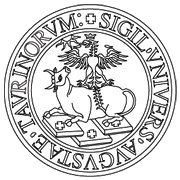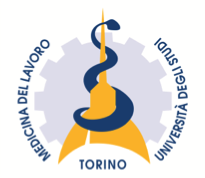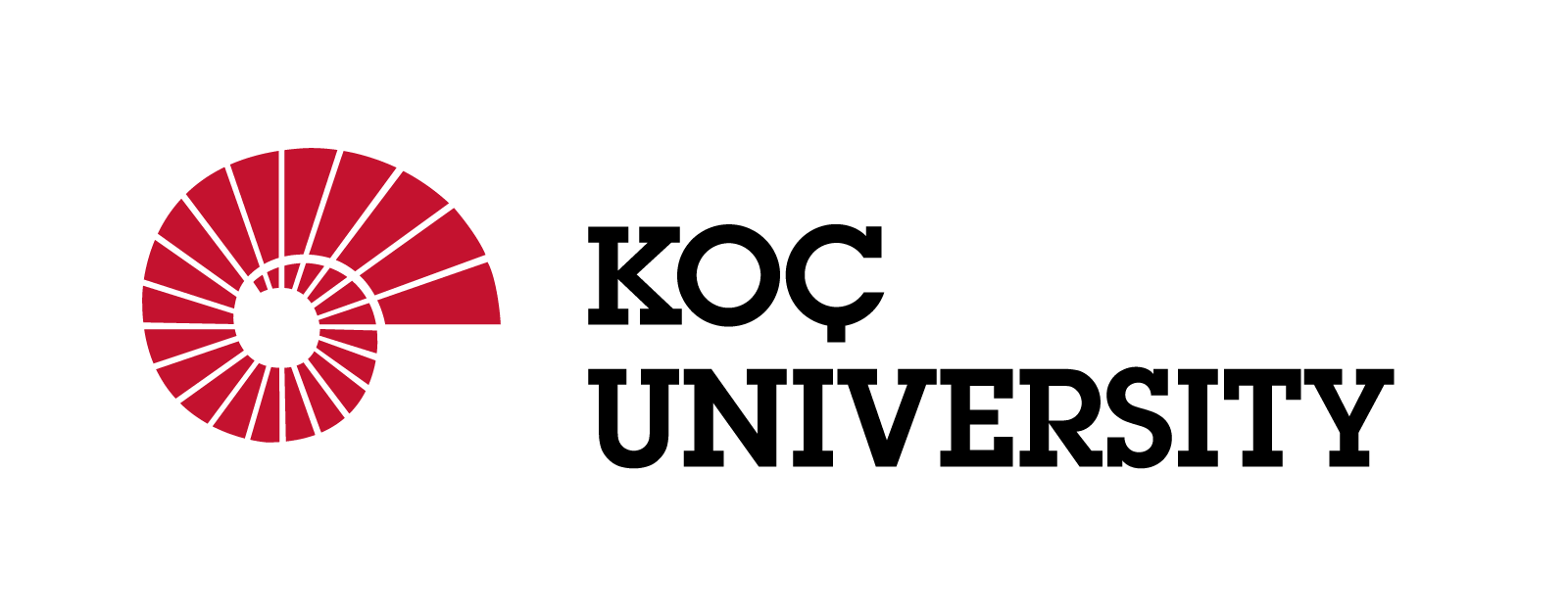About the Workshop
New genome sequencing technologies are releasing a flood of sequence variants in which disease-causing mutations must be distinguished from neutral variants. This distinction is critical to identifying disease mechanisms and is at the core of precision medicine efforts: they may provide critical information on how a patient may progress or respond to therapy. While several approaches have been developed to predict such 'functional' mutations, biophysical approaches have been relatively scarce. Biophysical methods, which directly model the effect of a sequence variant, hold promise to predict functional mutations more accurately.
The main goal of this EMBO Workshop is to bring together computational experts in genomics and biophysics to discuss recent developments and landmark discoveries on the interpretation of genetic variants and biophysical modeling. We aim to foster a lively and thought-provoking dialogue between these communities in an interdisciplinary environment in order to exchange ideas and research tools. The session topics cover the state of the art in both fields as well as presentations on work aiming to bridge the two.
Specifically, this EMBO Workshop will highlight recent progress in large- scale genomics projects that have generated large catalogs of putative disease variants in the genome to foster discussion of how biophysical approaches can aid in their accurate and rapid functional interpretation. We will take special care in encouraging young/early stage scientists and junior faculty to participate by providing ample opportunities for them to present as invited speakers and poster presenters; fostering discussion during the sessions; and hosting the event within a campus setting.
About EMBO Courses and Workshops
EMBO Courses and Workshops are selected for their excellent scientific quality and timelines, provision of good networking activities for all participants and speaker gender diversity (at least 40% of speakers must be from the underrepresented gender).
Organisers are encouraged to implement measures to make the meeting environmentally more sustainable.






